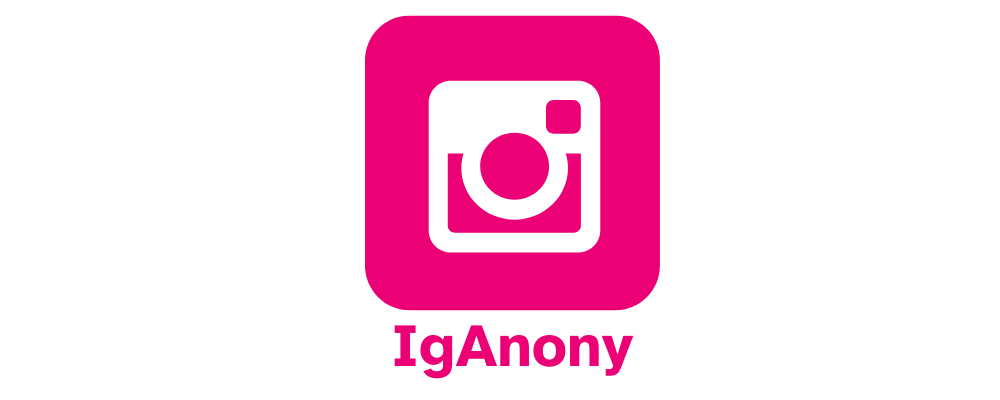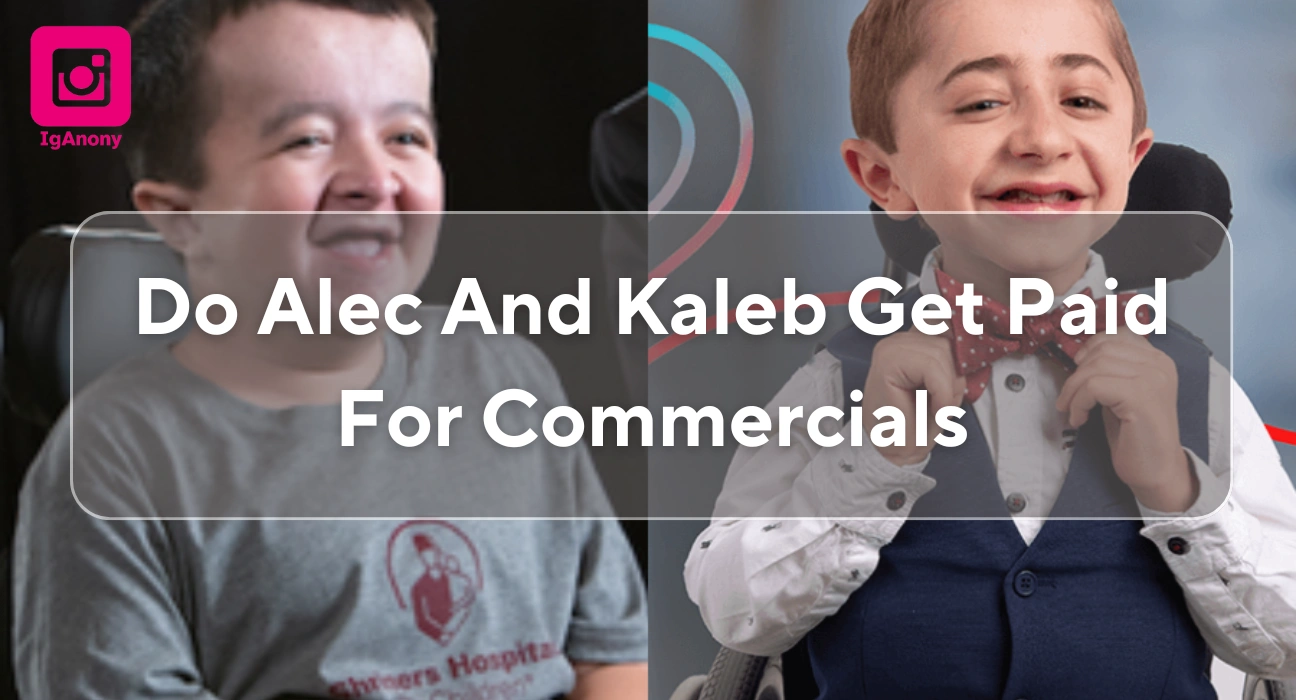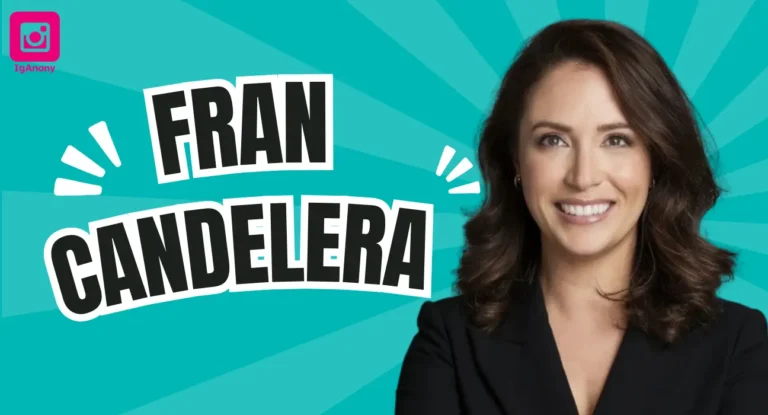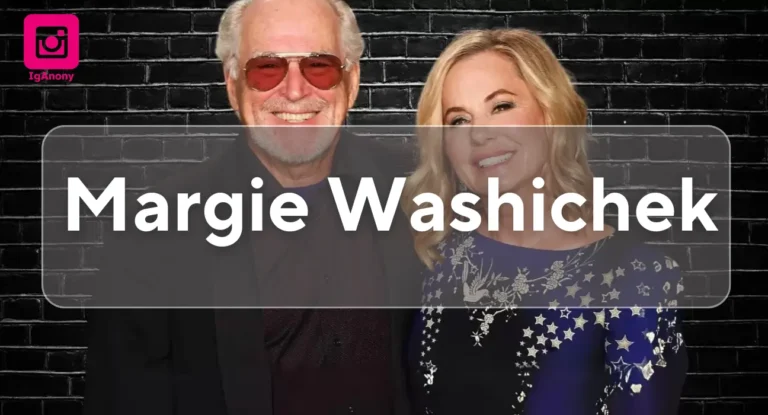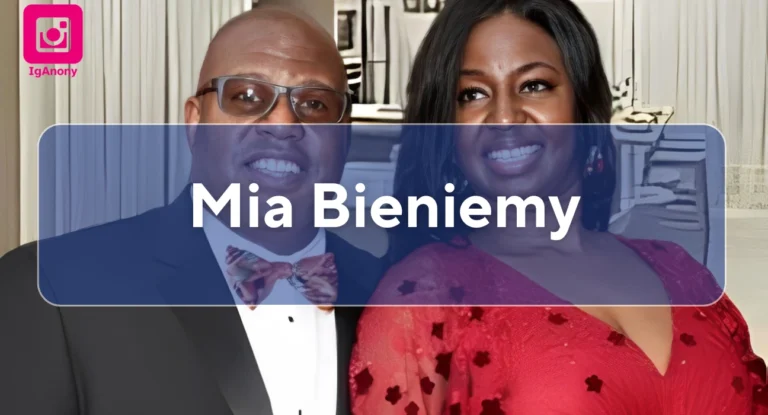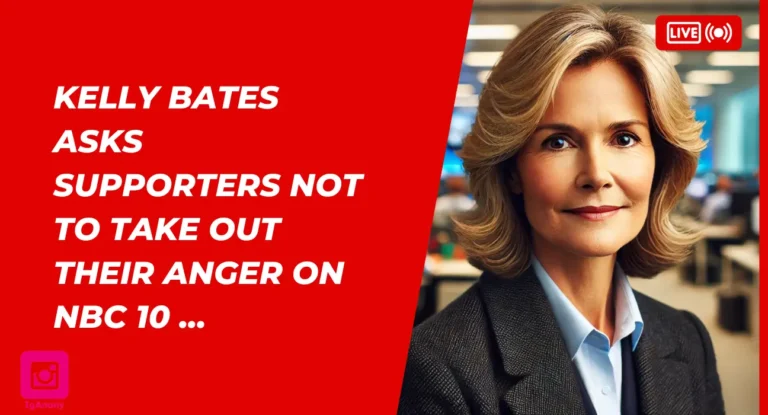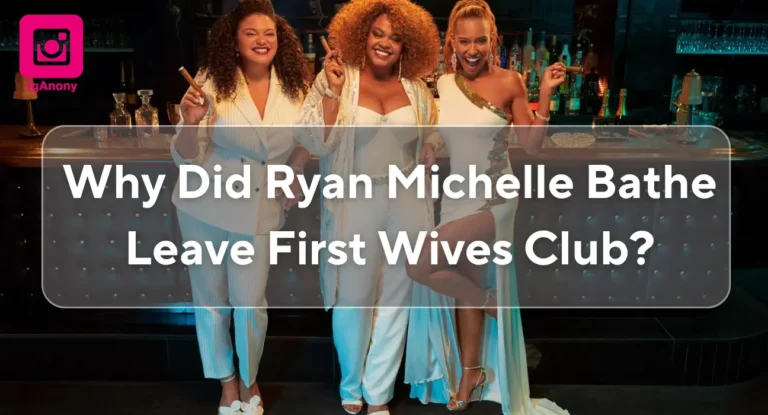Do Alec And Kaleb Get Paid For Commercials
Alec Cabacungan and Kaleb Wolf De Melo Torres have gained immense popularity through their heartwarming Shriners Hospitals commercials. Many wonder, “Do Alec and Kaleb get paid for commercials?” As beloved faces of the hospital’s message of hope and resilience, they are now well-known nationwide. This article explores their roles, the purpose of the commercials, financial aspects, and Shriners’ approach to compensating spokespeople like Alec and Kaleb.
Who Are Alec and Kaleb?
Before answering, “Do Alec and Kaleb get paid for commercials?” let’s explore who they are and their connection with Shriners Hospitals. Alec Cabacungan and Kaleb Wolf De Melo Torres receive care at Shriners for mobility-impacting conditions. Alec, with osteogenesis imperfecta (brittle bone disease), and Kaleb, with a rare skeletal dysplasia, now serve as hospital spokespeople, sharing their stories to raise awareness and support.
His charismatic presence and upbeat spirit resonated with viewers, making him a memorable face for the organization. Kaleb joined later and became just as popular due to his cheerful personality. Together, Alec and Kaleb have become symbols of hope for many, inspiring audiences and encouraging donations that support Shriners Hospitals’ mission.
Role of Alec and Kaleb in Shriners Hospitals’ Commercials
To fully understand “do Alec and Kaleb get paid for commercials?” it’s essential to know what they do for Shriners Hospitals. Alec and Kaleb appear in commercials that aim to raise funds and awareness for Shriners Hospitals for Children, a non-profit health care system. The commercials focus on sharing real stories of children facing severe health challenges. Alec and Kaleb talk about their conditions, experiences, and how Shriners has helped them live better lives despite physical limitations.
Their roles are impactful as they bring a personal connection to Shriners’ mission, showing viewers the direct effects of donations. Unlike typical commercial actors, Alec and Kaleb’s participation is rooted in sharing their genuine life experiences, which can elicit a strong emotional response from viewers, increasing donations to Shriners Hospitals.
Do Alec and Kaleb Get Paid for Commercials?
The question “do Alec and Kaleb get paid for commercials?” arises frequently because many people are curious about how Shriners Hospitals approaches compensation for patient spokespeople. The general answer is that Alec and Kaleb, as spokespeople for a charitable cause, do not receive significant compensation for their appearances. However, there are a few essential details to understand regarding their involvement and any possible compensation.
Shriners Hospitals primarily funds Alec and Kaleb’s medical treatments and covers the travel costs associated with commercial filming or hospital events. As a non-profit, Shriners typically avoids commercial compensation structures in favor of a focus on charitable giving and patient support. Any compensation or stipend Alec and Kaleb might receive would likely be minimal and aimed at reimbursing costs rather than offering substantial pay.
For Alec and Kaleb, representing Shriners is about advocating for children with health challenges and raising awareness. Shriners prefers to keep spokespeople’s financial details private to respect patients and their families.
Why Aren’t Alec and Kaleb Paid Like Commercial Actors?
Understanding why Alec and Kaleb are not paid like traditional commercial actors answers part of the question, “do Alec and Kaleb get paid for commercials?” There are several reasons for this approach. First, Shriners Hospitals for Children is a non-profit organization. As a charitable institution, Shriners relies on donations to fund patient care, research, and outreach programs. Paying spokespeople large sums could detract from funds allocated to healthcare needs and services, which is Shriners’ priority.
Alec and Kaleb’s roles in the commercials are part of their journey with Shriners, highlighting the hospital’s life-changing care. Their appearances show how donations truly impact children’s lives, adding authenticity that resonates with audiences and potential donors, making the ads effective without substantial payments.
Impact of Do Alec And Kaleb Get Paid For Commercials on Fundraising
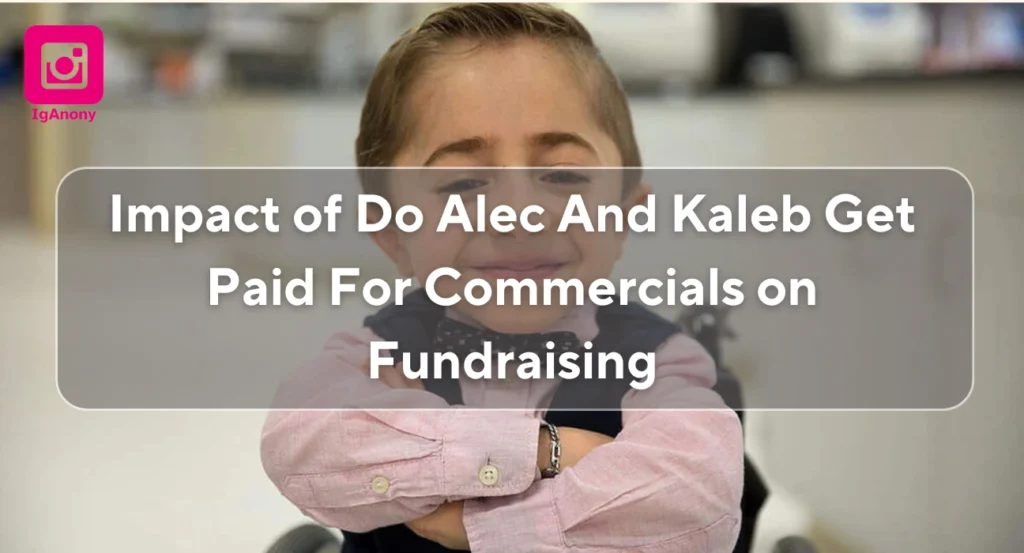
Shriners Hospitals’ commercials featuring Alec and Kaleb have proven to be highly successful in fundraising efforts. These ads often lead to increased donations, showing the strength of real stories in connecting viewers with the hospital’s cause. Alec and Kaleb’s stories demonstrate the impact donations have, providing hope and support to children facing complex medical challenges.
These commercials are part of a larger marketing effort that highlights patient stories, helping the public understand the hospital’s mission. People are more inclined to donate when they see exactly where their contributions go, and Alec and Kaleb are perfect examples of this, helping increase visibility and donations for Shriners.
Also Read: Naturaplug.com
Why Alec and Kaleb’s Participation Matters to Shriners Hospitals
To Shriners Hospitals, Alec and Kaleb are more than spokespeople, they embody resilience, courage, and the hospital’s success. They show that conditions like brittle bone disease or skeletal dysplasia don’t define a child’s potential. Alec and Kaleb’s involvement also highlights Shriners’ commitment to improving children’s lives through advanced medical care and emotional support.
By choosing patients as spokespeople, Shriners ensures the message remains genuine and impactful. Alec and Kaleb’s stories share the hospital’s message better than traditional ads, showing viewers the positive impact of supporting Shriners Hospitals.
How Shriners Supports Alec and Kaleb Beyond Financial Compensation
The question “Do Alec and Kaleb get paid for commercials?” often leads to another: how else does Shriners support Alec and Kaleb? The answer lies in the comprehensive care and support Shriners provides to these young individuals. Shriners Hospitals covers medical expenses for Alec, Kaleb, and other patients, ensuring they receive treatment regardless of finances.
Additionally, the hospital offers rehabilitation, educational support, and recreational activities that contribute to their well-being. For Alec and Kaleb, Shriners also provides travel accommodations for any promotional events or commercial shoots. This support goes beyond what traditional healthcare provides, underscoring Shriners’ mission to care for all aspects of a child’s life.
Public Reactions and Misconceptions
Public reactions to Alec and Kaleb’s appearances in Shriners’ commercials have been overwhelmingly positive, though there are some misconceptions. Many viewers assume Alec and Kaleb are professional actors or might be well-compensated for their roles. Others worry that Shriners may be exploiting these children for financial gain.
In reality, Alec and Kaleb’s involvement is voluntary, with their primary motivation being to raise awareness for Shriners Hospitals. Both have expressed gratitude for the medical care they receive and for the chance to help other children by sharing their stories. Their families are also supportive, seeing their participation as a way to give back to the organization that has helped them so much.
Similar Roles for Other Charitable Spokespeople
The model of using real patients as spokespeople is not unique to Shriners Hospitals. Many charitable organizations, especially those in healthcare, use similar methods to communicate their impact. St. Jude Children’s Research Hospital, for example, features patients in its fundraising campaigns, showing viewers the direct effects of donations.
In each case, the primary goal is to maintain authenticity while raising necessary funds. Questions like “Do Alec and Kaleb get paid for commercials?” also arise for other patient spokespeople. In most cases, compensation, if given, is minimal and meant to cover associated costs rather than providing income.
Also Read: Apanlokanmio.com
Frequently Asked Questions
Do Alec and Kaleb get paid for commercials?
Alec and Kaleb, spokespeople for Shriners Hospitals, generally do not receive significant payments for their roles. Their involvement is primarily voluntary, focused on raising awareness and funds for the hospital.
Why aren’t Alec and Kaleb paid like regular actors?
As Shriners Hospitals is a non-profit organization, the focus is on charitable giving rather than compensating spokespeople. Alec and Kaleb participate to support the hospital’s mission and share their real experiences.
How does Shriners support Alec and Kaleb outside of commercials?
Shriners Hospitals covers Alec and Kaleb’s medical expenses and provides travel accommodations for events and commercial filming, ensuring they receive needed care and support.
Are Alec and Kaleb’s families supportive of their roles in commercials?
Yes, both families view their participation as a way to give back to Shriners Hospitals, which has greatly benefited Alec and Kaleb through medical treatment and ongoing support.
Conclusion
Do Alec and Kaleb get paid for commercials? While they don’t receive substantial payments, their role with Shriners Hospitals goes beyond traditional advertising. They represent hope, resilience, and the life-changing impact of Shriners’ work, inspiring donations that support the hospital’s mission. Their involvement is voluntary, with Shriners primarily covering medical expenses and any travel related to their appearances. As spokespeople, Alec and Kaleb help Shriners Hospitals connect donors with the children who benefit from their support.
